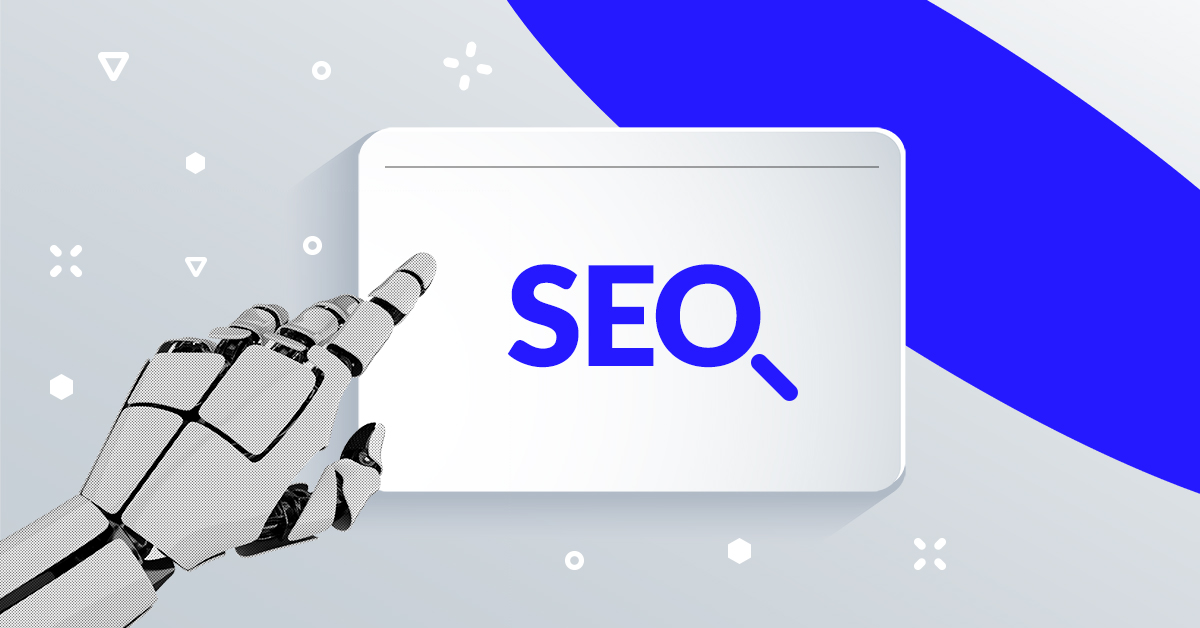
The digital marketing landscape is evolving at an unprecedented rate, propelled by the rapid advancements in artificial intelligence (AI). This technological revolution is not just reshaping how we live and work but is also redefining the realms of search engine optimisation (SEO). As we navigate through this transformative era, understanding the impact of AI on SEO becomes crucial for any digital marketing firm looking to stay ahead in the digital space.
Let’s delve into the current trends and future predictions of AI’s influence on SEO, offering insights that can help businesses and SEO professionals adapt and thrive.
Current Trends in AI-Driven SEO
- Enhanced Search Algorithms: The integration of AI into search engines has significantly improved their ability to understand and process human language. Google’s BERT and the more recent MUM update are prime examples of AI’s role in enhancing search algorithms, making them more adept at understanding the context and intent behind search queries. This shift demands a more natural and conversational approach to content creation, emphasising the importance of quality and relevance.
- Automated Content Optimisation: AI tools are now capable of analysing content with incredible accuracy, suggesting optimisations for better search engine rankings. These tools can evaluate keyword density, readability, and other SEO factors, enabling marketers to fine-tune their content strategy with precision.
- Predictive Search and Personalisation: AI’s predictive capabilities are revolutionising how search engines anticipate user queries and preferences. By analysing past search behaviour, AI can personalise search results, enhancing user experience and satisfaction. This level of personalisation requires SEO strategies to be more dynamic and user-centric.
- Voice Search Optimisation: With the rise of AI-powered virtual assistants, voice search has become increasingly popular. Optimising content for voice search involves focusing on natural language, question-based queries, and local SEO, as users often seek immediate and location-specific answers.
Future Predictions for AI in SEO
- AI-Generated Content: As AI continues to advance, we can expect to see more sophisticated AI-generated content that’s almost indistinguishable from human-written text. While this opens up new possibilities for content creation, it also poses challenges in terms of originality and authenticity, pushing SEO professionals to find innovative ways to stand out.
- Real-Time SEO Adjustments: Future AI tools may offer the ability to make real-time adjustments to SEO strategies based on current trends and algorithm changes. This level of agility will enable businesses to stay competitive and visible in search results, reacting instantly to shifts in the digital landscape.
- Increased Focus on User Experience (UX): AI’s ability to analyse and predict user behaviour will place even greater emphasis on UX in SEO. Websites that provide a seamless, engaging, and personalised user experience will rank higher, making UX optimisation a key component of future SEO strategies.
- Ethical and Regulatory Challenges: As AI becomes more ingrained in SEO, ethical and regulatory considerations will come to the forefront. Issues surrounding data privacy, AI transparency, and the authenticity of AI-generated content will require careful navigation and adherence to emerging guidelines and standards.
As we stand on the cusp of this AI-driven revolution in SEO, it’s clear that adaptability, innovation, and a user-focused approach will be crucial for success. By embracing the potential of AI, businesses can unlock new opportunities, drive growth, and deliver exceptional value to their audiences in the ever-evolving digital landscape.